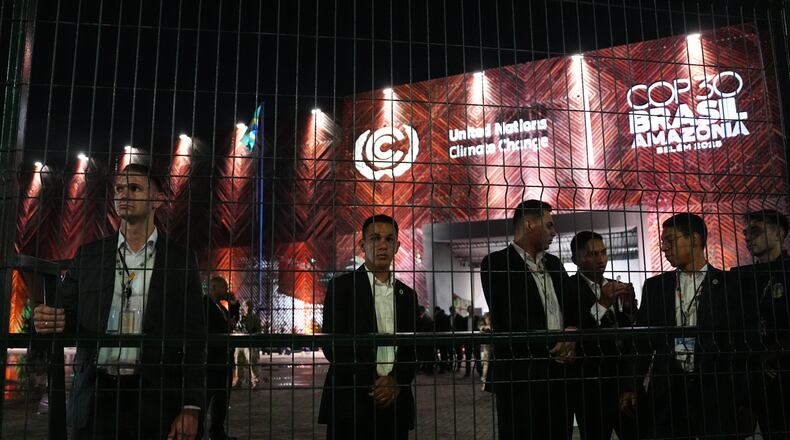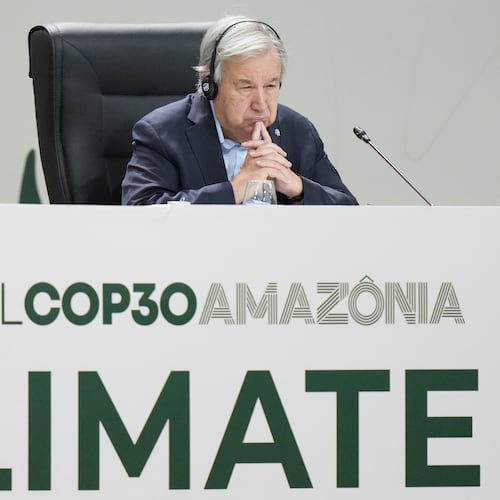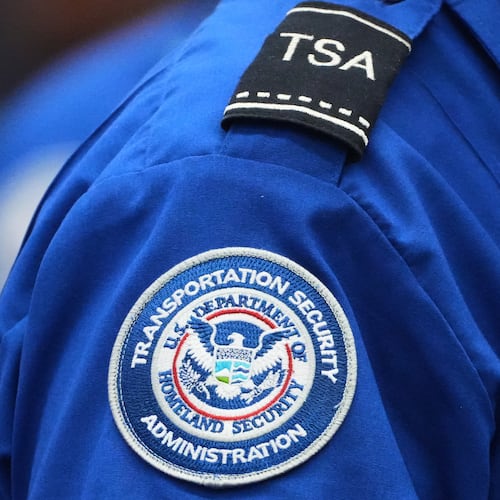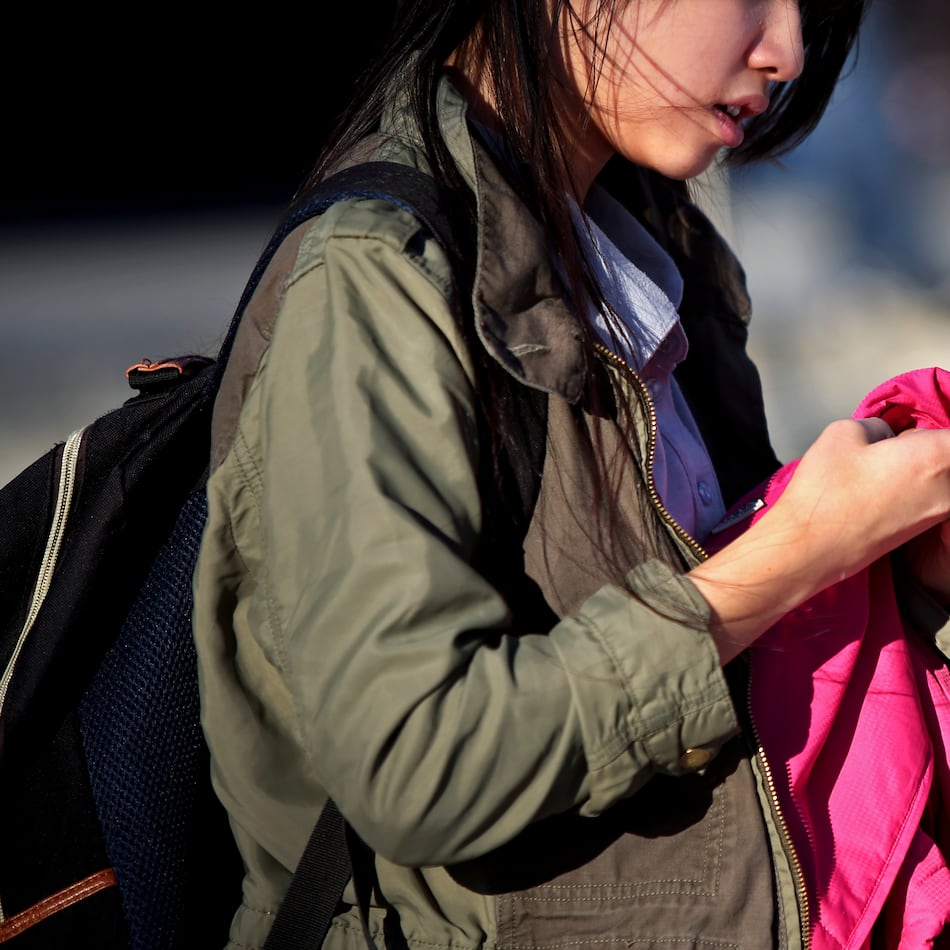BELEM, Brazil (AP) — A group of activists skirmished with security on Tuesday at United Nations climate talks in Brazilian Amazon city Belem, briefly trying to force their way into the main venue before they were pushed back. Two security workers suffered minor injuries, the U.N. said.
The confrontation came late in the day as people were filtering out of the venue for COP30, as the talks are known.
“Earlier this evening, a group of protesters breached security barriers at the main entrance to the COP, causing minor injuries to two security staff, and minor damage to the venue,” U.N. Climate Change said in a statement.
“Brazilian and U.N. security personnel took protective actions to secure the venue, following all established security protocols. Brazilian and U.N. authorities are investigating the incident. The venue is fully secured, and COP negotiations continue.”
Agustin Ocaña, mobilization coordinator for youth with the Global Youth Coalition, told The Associated Press he was outside when he saw two groups of people, some with yellow shirts and some in the garb of Indigenous communities, walking toward the venue.
He said at first they were mostly just dancing and chanting, and he decided to follow because he has some friends in the Indigenous group.
He didn’t see which group first broke through security, but said things escalated when security guards reacted by closing the doors forcefully and calling more guards.
Ocaña said some of the people entering were chanting “They cannot decide for us without us,” referring to tensions over participation of Indigenous people in the conference.
As security and marchers clashed, he said he saw members of both sides hitting each other with small plastic bins used to hold items near secure entrances. One guard was bleeding from being hit in the head and he said he saw two or three people with bruises, he said.
Ocaña said some Indigenous communities have been frustrated watching resources pour into building “a whole new city” when there are so many needs for education, health and protection of forests elsewhere.
“They were not doing this because they were bad people. They’re desperate trying to protect their land, the river,” Ocaña said.
“It’s important the world knows this is just a small piece of what can happen if we keep having these never-ending conversations about how we’re going to protect the planet while we keep destroying it,” he said.
___
The Associated Press’ climate and environmental coverage receives financial support from multiple private foundations. AP is solely responsible for all content. Find AP’s standards for working with philanthropies, a list of supporters and funded coverage areas at AP.org.
Keep Reading
The Latest
Featured



